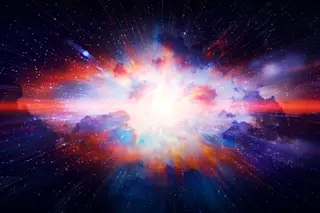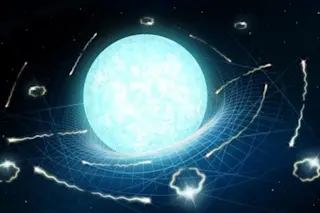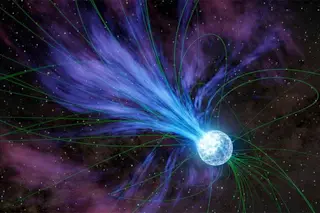Old Einstein and young Einstein both get their close-ups in Genius. (Credit: National Geographic/Dusan Martincek) If you are going to create a television show called Genius, you had better grapple with the nature of genius. If you are going to do that kind of grappling, you might as well focus on the very first face that comes to mind when people say "genius." And if you are going to do a show about Albert Einstein--which is exactly where the creators of the new series Genius ended up--you'd better have some fresh things to say about the most famous figure in the history of science. I'm familiar with the challenges. In my book God in the Equation, I attempted a novel interpretation of Einstein's views on cosmology and theology--with mixed results, I'll confess. I've also written about Einstein's cultural impact in Discover magazine, and edited articles exploring everything from his family ...
Real Genius
Explore the complex life of Albert Einstein, the genius at the center of the new Genius television show, revealing his humanity and struggles.
More on Discover
Stay Curious
SubscribeTo The Magazine
Save up to 40% off the cover price when you subscribe to Discover magazine.
Subscribe













